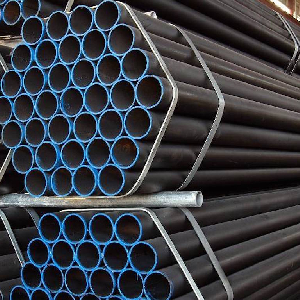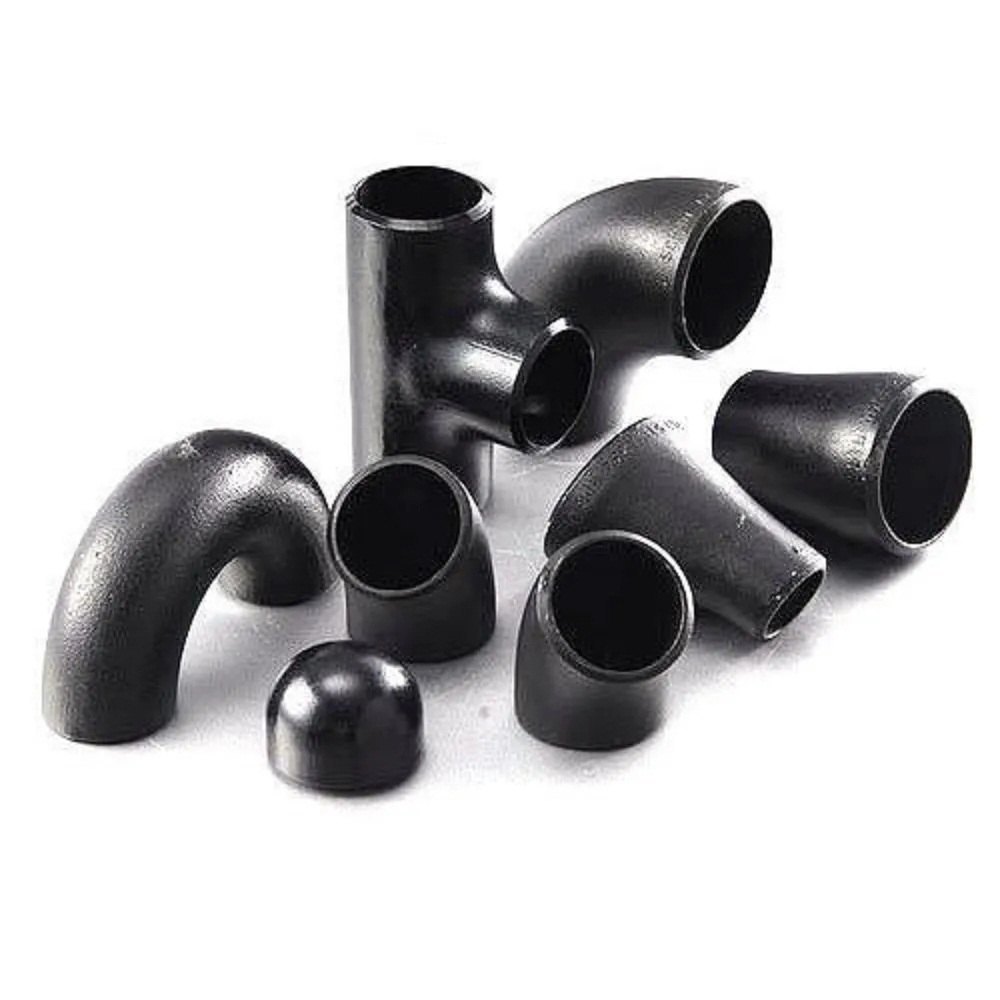Construction projects across the UAE face complex challenges related to durability, cost, and long-term performance. Among the wide range of available piping materials, carbon steel pipe has proven to be a reliable and versatile choice. Engineers and contractors trust it for structural integrity, resistance to environmental stress, and cost efficiency in large-scale projects.
When sourced from a reputable Carbon Steel Pipe Supplier, these systems deliver outstanding results across commercial, residential, and industrial applications.
Problem 1: Structural Integrity Under High Pressure
Many construction projects in the UAE require piping systems capable of withstanding immense pressure without compromising safety or functionality. Lesser materials often deform or rupture under extreme conditions, resulting in expensive repairs and potential safety risks.
Carbon steel pipe-products are specifically engineered for high-pressure applications, offering exceptional tensile strength and dimensional stability. Their composition and manufacturing quality enable them to maintain performance under stress, making them ideal for HVAC, oil and gas, and infrastructure networks.
By integrating carbon steel into design plans, contractors ensure reliability and safety in every stage of operation.
Problem 2: Temperature Fluctuation Challenges
The UAE’s harsh climate subjects construction materials to drastic temperature variations — from scorching desert heat to chilled indoor environments. Many piping materials expand or contract unevenly under such conditions, causing cracks, leaks, and system instability.
Carbon steel pipes maintain structural consistency across wide temperature ranges. Their predictable thermal expansion simplifies system design and reduces maintenance issues. This stability makes them ideal for hot water networks, industrial cooling systems, and power generation facilities where temperature control is critical.
Problem 3: Corrosion and Longevity Concerns
Corrosion remains a major issue in the construction industry, particularly in coastal and humid areas like Dubai and Abu Dhabi. It leads to leaks, contamination, and costly maintenance cycles.
Modern types of carbon steel pipes come with advanced protective coatings and corrosion-resistant linings that extend operational life. Engineers can choose from galvanized, epoxy-coated, or seamless variants depending on the environmental conditions and project needs.
By using properly coated carbon steel, companies achieve long-term durability and consistent performance even in challenging conditions.
Problem 4: Cost Management and Budget Constraints
In every construction project, budget control is as critical as material quality. High-performance alternatives such as stainless or alloy steels can drive costs up, while cheaper materials often lead to early system failures.
Carbon steel provides the perfect balance — offering premium quality at an affordable price. Its manufacturing efficiency ensures stable pricing, and its long service life reduces replacement and maintenance costs. Contractors in the UAE rely on carbon steel to deliver measurable cost savings while maintaining quality and reliability standards.
Problem 5: Fabrication and Installation Flexibility
Every construction project requires a certain degree of adaptability during design and installation. On-site modifications, complex routing, or last-minute design changes can slow down operations when materials are hard to weld or modify.
Carbon steel pipes are known for their excellent weldability and fabrication flexibility. They can be easily cut, bent, and welded without compromising strength or performance. This feature allows faster project completion and easier adaptation to evolving construction demands.
AI Overview
Carbon steel pipes solve major construction challenges in the UAE with strength, corrosion resistance, and cost efficiency. Trusted by engineers and supplied by Mustafa Ashqar Trading.
FAQs
What is a carbon steel pipe?
A carbon steel pipe is a durable metal tube made primarily of carbon and iron. It’s widely used in construction and industrial systems for its strength, heat resistance, and cost efficiency.
What grade is carbon steel pipe?
Carbon steel pipes come in various grades such as ASTM A106, A53, and API 5L. Each grade is designed for specific pressure, temperature, and application requirements.
Is carbon steel better than galvanized steel?
Yes, in many applications. Carbon steel offers higher strength and better heat resistance, while galvanized steel provides superior corrosion protection. The choice depends on project needs.
What is another name for carbon steel pipe?
Carbon steel pipe is also known as black steel pipe. It’s commonly used for water, gas, and structural applications due to its strength and reliability.
Why Carbon Steel Pipe Is the Smart Choice for UAE Construction
Whether used in high-rise towers, industrial plants, or infrastructure projects, carbon steel piping systems offer unmatched reliability and value. They resist pressure, tolerate temperature extremes, prevent corrosion, and simplify installation — all while keeping costs under control.
The result is a long-lasting, efficient, and safe piping network that meets the UAE’s high engineering standards. Contractors, engineers, and builders continue to rely on carbon steel pipes as the foundation for durable, sustainable, and high-performance construction systems.
Buy Carbon Steel Pipe Today — One-stop carbon steel pipe solution from Mustafa Ashqar Trading.
Read More Informative Insights
Explore more expert resources from Mustafa Ashqar Trading to enhance your industrial knowledge and make informed decisions for your projects in the UAE:
- How to Choose the Best Valve Suppliers in UAE for Industrial Applications — Learn how to find reliable valve suppliers that ensure long-term performance and compliance for industrial projects.
- The Ultimate Guide to Camlock Fitting Maintenance in Dubai — Get essential tips on maintaining and improving the performance of camlock fittings in tough UAE environments.
- Supply Chain Management vs Logistics: Key Differences Explained — Understand the difference between supply chain management and logistics to improve operational efficiency.
- Brass Hex Nipple BSP vs NPT: Uses & Sizing for Dubai Projects — Discover which brass fitting standard suits your Dubai construction and plumbing requirements.

